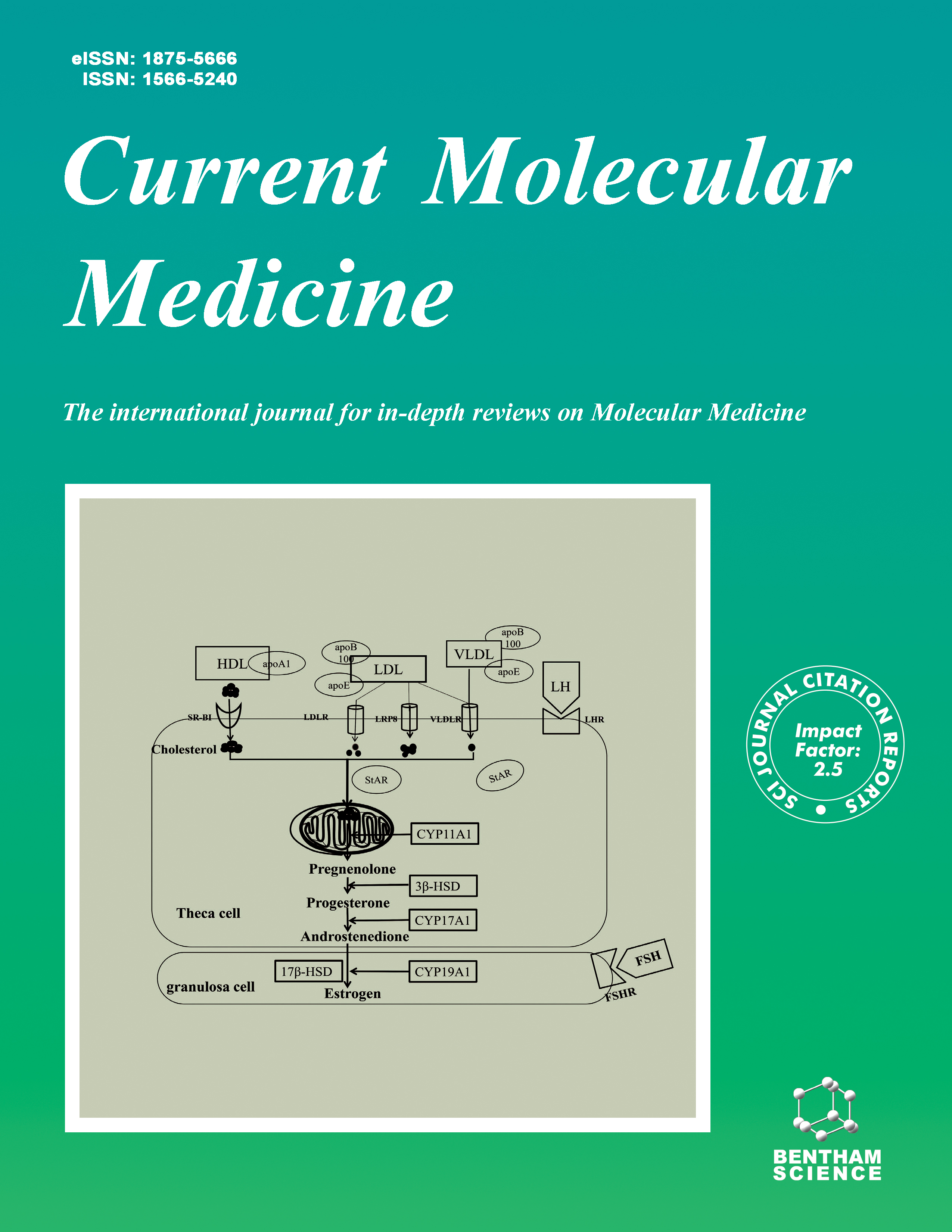-
s Facioscapulohumeral Muscular Dystrophy: More Complex than it Appears
- Source: Current Molecular Medicine, Volume 14, Issue 8, Sep 2014, p. 1052 - 1068
-
- 01 Sep 2014
Abstract
Facioscapulohumeral muscular dystrophy (FSHD) has been classified as an autosomal dominant myopathy, linked to rearrangements in an array of 3.3 kb tandemly repeated DNA elements (D4Z4) located at the 4q subtelomere (4q35). For the last 20 years, the diagnosis of FSHD has been confirmed in clinical practice by the detection of one D4Z4 allele with a reduced number (≤8) of repeats at 4q35. Although wide inter- and intra-familial clinical variability was found in subjects carrying D4Z4 alleles of reduced size, this DNA testing has been considered highly sensitive and specific. However, several exceptions to this general rule have been reported. Specifically, FSHD families with asymptomatic relatives carrying D4Z4 reduced alleles, FSHD genealogies with subjects affected with other neuromuscular disorders and FSHD affected patients carrying D4Z4 alleles of normal size have been described. In order to explain these findings, it has been proposed that the reduction of D4Z4 repeats at 4q35 could be pathogenic only in certain chromosomal backgrounds, defined as “permissive” specific haplotypes. However, our most recent studies show that the current DNA signature of FSHD is a common polymorphism and that in FSHD families the risk of developing FSHD for carriers of D4Z4 reduced alleles (DRA) depends on additional factors besides the 4q35 locus. These findings highlight the necessity to re-evaluate the significance and the predictive value of DRA, not only for research but also in clinical practice. Further clinical and genetic analysis of FSHD families will be extremely important for studies aiming at dissecting the complexity of FSHD.


